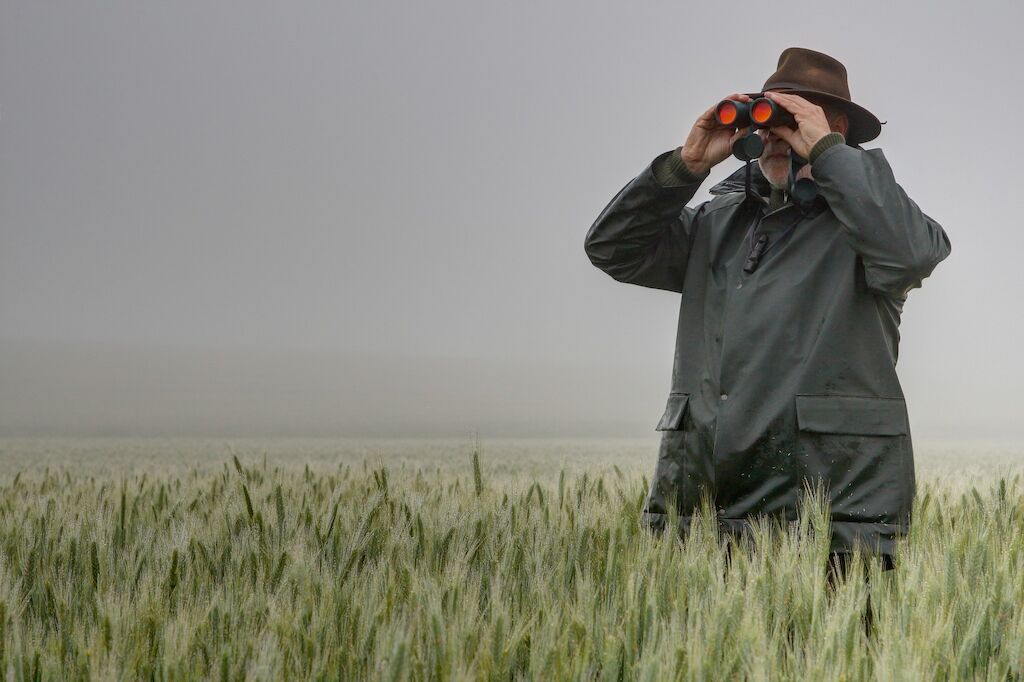2024 marks the 25 year anniversary since the founding of Senedd Cymru (Welsh Parliament) and The Scottish Parliament (Pàrlamaid na h-Alba), and the historic devolution of powers to Northern Ireland.
A quarter of a century on, this topic is still hot on the political agenda with both the UK’s sitting and shadow governments backing devolution as a means to boost sustainable development. Two new trailblazer devolution deals were announced in March last year to foster local and regional power sharing for the West Midlands and Greater Manchester Combined Authorities and it is likely that similar schemes will follow in the near future.
For our UNESCO sites, important questions are being raised on how culture, nature and heritage sectors react and adapt to the new horizons that devolution will bring. Many sites have already begun to arrange themselves into national and regional clusters to share insight and strategy, with the success of Scotland’s UNESCO Trail providing particular inspiration to others.
The Local to Global team has recognised this trend, as well as the demand for more in-person meetings, and have sought to renegotiate uncommitted project spend to go towards testing out a new way of working. Next month, the team will convene a series of planning meetings online so each of the six geographic clusters will have a chance to co-design a workshop, to be held between March-August 2024.
At these planning meetings, participants will be asked to nominate a date, location, and a host site who will work with the Local to Global team to coordinate a half/full-day workshop that will bring together all other sites in their area. UKNC will cover the costs of these workshops up to the value of £2,000 for each gathering – prioritising travel support for site representatives. During the workshops, everyone will have a chance to learn from one another and deliver horizon-scanning activities that will map out assets, challenges, synergies and opportunities that are unique to each cluster.
The results of these workshops will be foundational to the UKNC’s next application to the National Lottery Heritage Fund and will influence how a more resilient network of UNESCO sites in the UK will continue to be developed.







